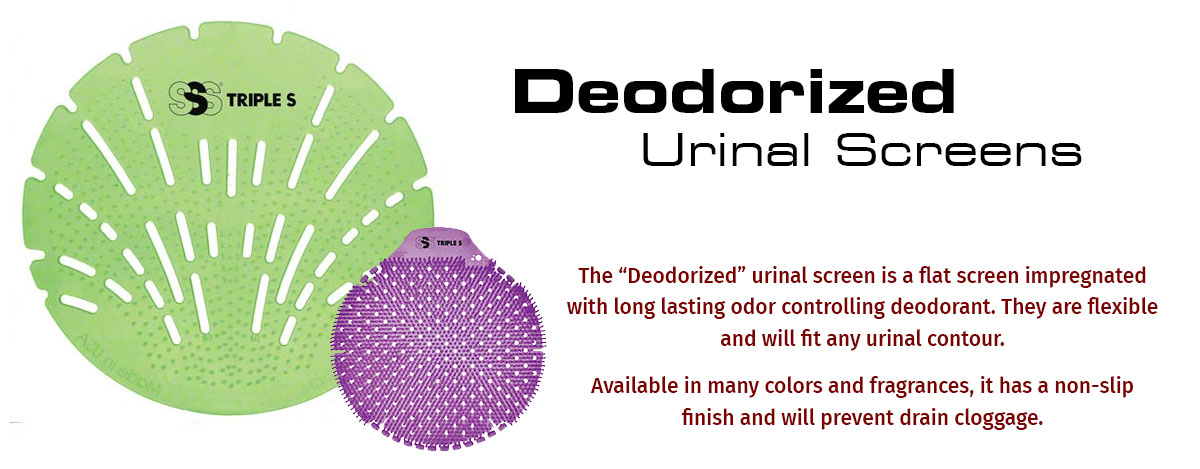


Also, a person with diabetes can produce a false positive result if they have a urinary tract infection at the testing time. For example, if a urine sample isn’t stored correctly or remains at room temperature for too long, it can grow bacteria which can cause EtG levels to rise. Other rare instances could cause a false positive result on alcohol urine screens.

Any of these products listed can affect the results of an alcohol screen. You can also look up the National Library of Medicine’s “Household Products Database,” as it allows individuals to search for products that contain alcohol. In general, you should also avoid any food prepared with alcohol. Some of these items include the following: Many daily items contain alcohol and could cause a false positive for alcohol on a urine screen. EtG tests are very sensitive and can detect low levels of alcohol ingestion, leading to false-positive results. EtG can be detected in the urine for up to five days after alcohol consumption, depending on the amount ingested. This test detects the different metabolites of alcohol when the body is breaking it down. The test to detect alcohol in the urine is called an ethyl glucuronide (EtG) test. It would help if you avoided them before undergoing an alcohol urine test. When a person receives a false positive result, they may have several questions, such as: What causes a false positive for drugs or alcohol on urine screens? What measures can someone take to ensure they don’t get a false positive result? Products with Alcohol in ThemĬertain consumables or hygiene products can be why you get a false positive on an alcohol screen. No matter what type of drug test a person undergoes, having a false positive is never good. What Are the Reasons for a False Positive Urine Screen? False positives are why many places send any such results on immunoassay tests off to confirm with GC/MS drug screen tests-which are more costly and take longer but rarely produce false positives. However, it can sometimes produce false positive results. The immunoassay test is less costly and provides quick results. There are two types of urine drug screens: the immunoassay test and the gas chromatography or mass spectrometry (GC/MS) test. Urine drug screens can detect the following substances:Īlcohol can also be tested and detected via urine screen tests, but breathalyzer tests are used more often. Our experienced and highly qualified team members can help you learn more about drug and alcohol screens and our drug and alcohol addiction treatment programs. Call 866.931.9312 to speak with someone from Evoke Wellness at Miramar. However, UDS are not drug or alcohol addiction tests-they only confirm the presence of addictive substances in a person’s system. UDS are also commonly used in a treatment setting for drug and alcohol addiction issues. They are also used in emergency medical services (EMS) if a patient comes in confused or exhibiting strange behavior. These tests can help doctors and potential employers detect possible substance abuse issues. Urine drug screens (UDS) are painless tests that check a person’s urine for the presence of prescription medications and certain illegal drugs.


 0 kommentar(er)
0 kommentar(er)
